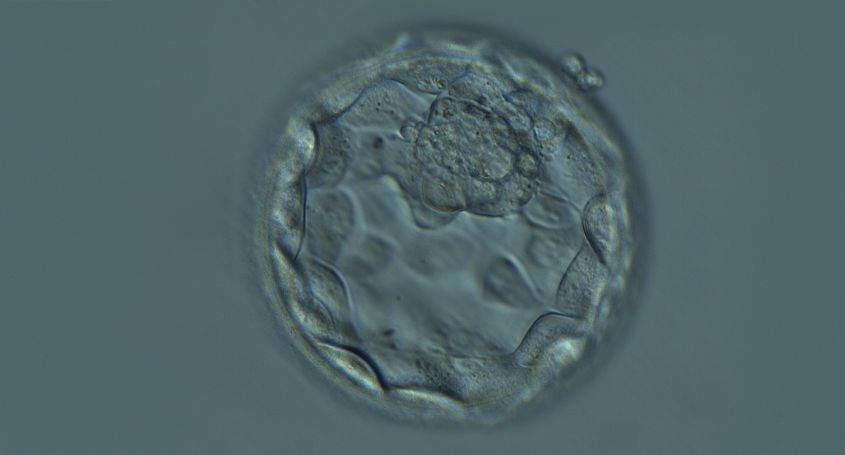What does a pregnancy test measure?
Pregnancy tests are a quick and easy test to detect the presence of human chorionic gonadotropin hormone (hCG) in your urine. This hormone is only released into urine by women when they are pregnant.
Is the result of a pregnancy test certain?
A positive result is most likely correct and you're pregnant. Instead, a negative result, if less reliable, as a enough hormone may not be detected in the sample. In that case, you can repeat the test or see your doctor for other complementary tests.
Why is it better to take the test in the morning?
Currently some tests have a high sensitivity to detect if you are pregnant, regardless of the time of day. While it is true that the first urine in the morning accumulates a higher concentration of the hormone that is measured and, therefore, it is easier for the test result to be reliable.
When can I do a pregnancy test?
From 3 weeks after fertilization occurs. Or if you have very regular menstrual periods, you should wait one day after what should be your first day of cycle and do a test.
If you have further questions, don't hesitate to talk to your doctor or pharmacist!















